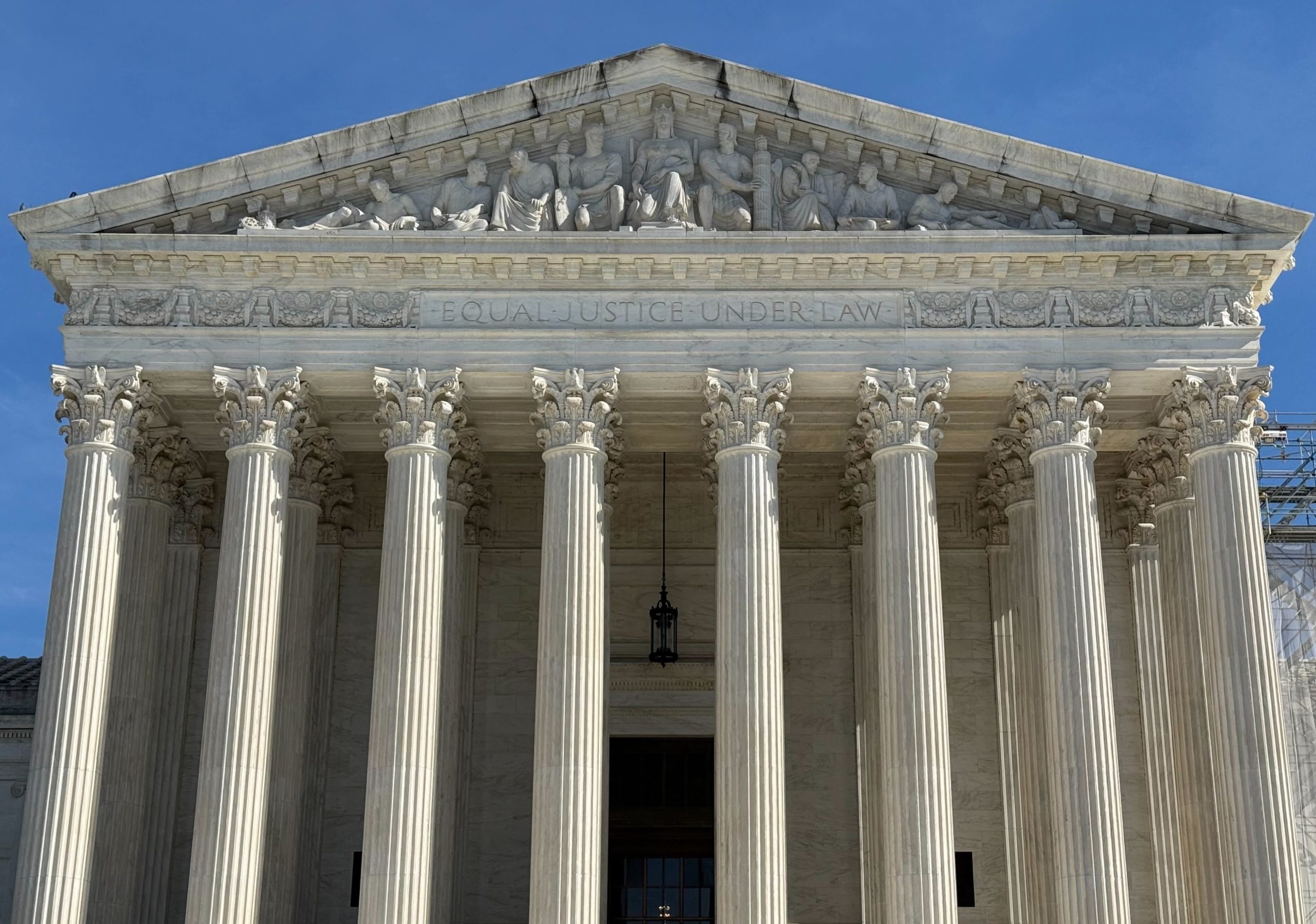Court to consider protection of military contractors from certain suits


Updated on Oct. 29 at 12:36 p.m.
Next Monday’s argument in Hencely v Fluor Corporation asks the justices to consider the extent to which military contractors can be held liable in tort suits – that is, a lawsuit seeking damages for harm caused by someone else’s wrongful actions or negligence – brought under state law. The lower courts in this case protected the contractor, but it remains to be seen whether the Supreme Court will agree.
Generally speaking, the doctrine of sovereign immunity protects the federal government from suits under state law unless Congress has adopted a statute that revokes that immunity. Although that protection traditionally applied only to the government itself, the Supreme Court held in 1988 in Boyle v. United Technologies Corp. that sovereign immunity also protected a military contractor from a suit alleging that its design of a military helicopter was defective and unreasonably dangerous. The Boyle court reasoned that it would interfere with a “uniquely federal interest” to permit a government contractor to be liable for conduct required by its contract with the United States.
The dispute here involves a suicide bombing in 2016 on a U.S. base in Afghanistan, in which an Afghan employee under the supervision of a government contractor (Fluor Corporation) detonated an explosive vest, killing five people and injuring 17 more. The lower courts concluded that one of the injured victims (Winston Hencely) could not sue Fluor for its negligence in poorly supervising the Afghan employee and allowing him to roam around the base at night.
Hencely forcefully criticizes the decision from the U.S. Court of Appeals for the 4th Circuit as “preemption in vacuo” – preemption in the absence of any applicable statute. For example, Congress in the Federal Tort Claims Act revoked sovereign immunity for most tort claims, leaving the United States “liable … in the same manner and to the same extent as a private individual.” Hencely recognizes that the FTCA carves out an exception for “combatant activities.” But the exception does not apply to “any contractor with the United States.” For Hencely, the explicit boundaries of the FTCA are the heart of the case: Congress has legislated a lot about precisely when the government should and should not be liable in this area, and it has made quite clear that its output does not apply to protect military contractors like Fluor.
Much of Hencely’s brief criticizes the relatively unmoored analysis of Boyle. He does not argue, though, that the court should overrule that case. Rather, he contends that whatever the merits of Boyle, it should not be extended to a case like this one, in which the government’s own investigation concluded that Fluor’s violations of its contractual obligations to supervise the Afghan employee were responsible for the incident. It can’t interfere with the government’s important interests, Hencely argues, to sanction a contractor for conduct that violated the contractor’s arrangement with the government.
For its part, Fluor largely abandons the analysis of the lower courts – which generally treated the case as a natural extension of Boyle. Fluor presents an argument from first principles: that the Constitution itself preempts Hencely’s suit under state law because of the exclusive grant to the federal government of the power to make war. Because the conduct occurred in a theater of combat during an armed conflict between U.S. forces and forces in Afghanistan, Fluor argues that any regulatory input from the state is intolerable.
It is not hard to understand why Fluor puts so much less weight on Boyle than the courts below. The obvious problem is that Boyle’s relatively unmoored approach is an outlier in the court’s modern jurisprudence (which does not typically approve of judicially-created exemptions). I find it highly likely that the younger conservative justices will be receptive to criticism of the decision below. Indeed, I would not be all that surprised if the court ends up overruling Boyle. So the argument should be interesting.
Posted in Court News, Merits Cases
Cases: Hencely v. Fluor Corporation